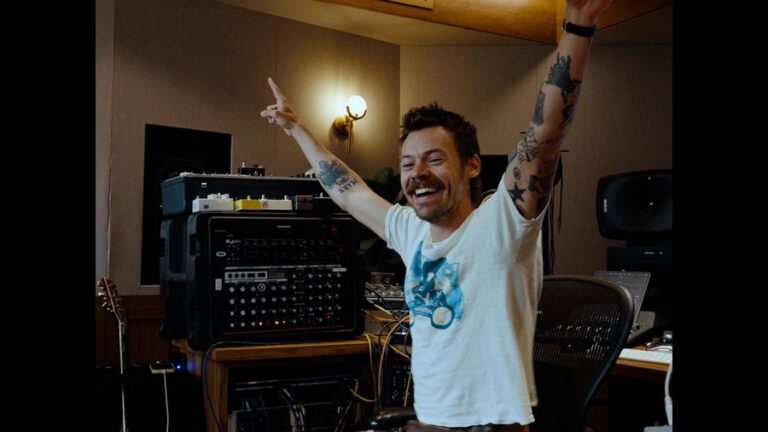
Artificial intelligence (AI) is rapidly becoming one of the most talked-about concepts in today’s world. The idea of machine-driven programs boosting production and productivity feels futuristic, but it’s already taking shape. Still, artificial intelligence faces its fair share of criticism, especially when it crosses into artistic and cultural spaces. One recent example is the controversial Ghibli Trend‘, which even drew backlash from Studio Ghibli’s creator.
As with other creative fields, music hasn’t escaped artificial intelligence’s reach. Recently, The Velvet Sundown, a group that gained over a million Spotify streams, was revealed to be an “AI band.” In other words, it never actually existed.
The Velvet Sundown and its AI Crackdown

Of course, the internet, and especially X users, quickly called out the band for relying on machine-generated visuals, lyrics, and other unsettling elements. A supposed spokesperson, claiming insider status, also jumped into the fray, but was soon exposed as a fraud.
Despite these details and updates, here is an excerpt from the band’s Spotify bio:
“This isn’t a trick, it’s a mirror. An ongoing artistic provocation designed to challenge the boundaries of authorship, identity, and the future of music itself in the age of AI.”
Their use of synthetic intelligence as a creative tool reflects the era we’re living in. Since the rise of platforms like ChatGPT and Gemini, people have turned to digital systems for everything from writing assistance to full-scale content generation. In music, this shift toward algorithmic creation has sparked both excitement and backlash.
One might ask whether using machine intelligence for lyric writing, production, editing, and mixing is even up for debate, especially when it empowers those without formal training. While that’s a fair point, there’s an important distinction between assistance and full-scale generation. Traditional musicians often highlight this difference when discussing tech’s role in music.
Final Thoughts
In many ways, intelligent technology has already rooted itself in nearly every aspect of human life. Artists today feel both awe and unease in the face of this growing presence. Whether seen as a tool or a threat, its influence is undeniable.
Can creators use automated systems with restraint? Could algorithmic composition eventually be accepted as a genre of its own? Or are we destined to continue wrestling with this shift, unable to contain the reach of computational tools?
There’s no clear answer, at least not yet. What’s your take?
Read more such articles at The World Times.



